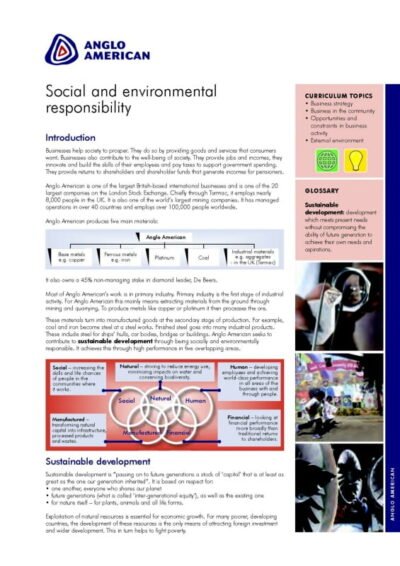
In recent months, the spotlight has been on the conduct of police officers within the Gwent Police Department. The officers are facing serious misconduct charges tied to their involvement in sharing racist, misogynistic, and homophobic messages via WhatsApp.
The allegations came to light thanks to the comprehensive work done by the Independent Office for Police Conduct (IOPC). According to the IOPC, two current officers and a former officer are facing allegations of gross misconduct for exchanging racist, misogynistic, and homophobic messages.
The force will schedule gross misconduct hearings later in 2024 for these individuals. Three current officers were found guilty of misconduct and received written warnings. One officer will engage in reflective practice as misconduct cannot be proven. The IOPC’s inquiries have concluded that no action will be taken against three former and one serving officer.
These messages have stained the reputation of the police force and have ignited calls for immediate and stringent actions against the police. Sky News reported that the findings of this investigation have led to a significant public outcry, especially among civil rights activists and victims of police misconduct, including the family members of the late former officer Ricky Jones, victims themselves, who had a hand in helping start the IOPC investigation. The public has also voiced their concerns, demanding accountability and transparency.
Understanding Police Misconduct
Police misconduct encompasses a broad range of inappropriate and illegal actions taken by police officers in connection with their official duties. These can include, but are not limited to, violations of departmental policies, abuse of power, racial profiling, corruption, and the kind of discriminatory behaviour seen in the WhatsApp messages exchanged by the Gwent Police officers.
The allegations against the Gwent Police officers highlight a pervasive issue within law enforcement agencies. Police complaint claims are not uncommon, yet they often face significant hurdles before they are acknowledged and acted upon.
Legal Repercussions and the Path to Justice
For victims of police misconduct, understanding their rights and the possible legal avenues they can pursue is crucial. Suing the police for compensation is one such path, as discussed in Claimexperts.co.uk. Victims can file lawsuits against individual officers or the police department itself, seeking compensation for the harm and damages caused by the misconduct.
The process of taking action against the police involves several steps. Initially, a formal complaint must be filed with the relevant police authority. If the complaint is not adequately addressed, victims can escalate the issue to independent bodies like the IOPC. In cases where misconduct is proven, the victims may be granted financial redress, ensuring that justice is served and that officers are held accountable for their actions.
The Role of Independent Oversight Bodies
Independent oversight bodies like the IOPC play a critical role in addressing police misconduct. These organisations are responsible for investigating complaints against the police and ensuring that appropriate actions are taken. Their work is vital in maintaining public trust in law enforcement agencies This will ensure that officers who engage in misconduct are held accountable.
In the case of the Gwent Police officers, the IOPC’s investigation has been instrumental in uncovering the extent of the misconduct and in initiating the necessary proceedings.
The Need for Systemic Change
The case of the Gwent Police officers is a stark reminder of the urgent need for systemic change within law enforcement agencies. Addressing police misconduct requires a multifaceted approach that includes comprehensive training programs, robust oversight mechanisms, and a commitment to transparency and accountability.
Law enforcement agencies must prioritise the implementation of policies and practices that promote ethical behaviour and respect for all individuals, regardless of their race, gender, or sexual orientation. This includes ongoing training on cultural sensitivity, bias awareness, and the proper use of social media and other communication platforms.
Additionally, there must be a concerted effort to foster a culture of accountability within police departments. Officers who engage in misconduct must be held accountable for their actions. And there should be clear consequences for those who violate departmental policies and ethical standards.
Bottom Line
The allegations against the Gwent Police officers serve as a reminder of the pervasive issue of police misconduct and the importance of holding officers accountable for their actions and for victims, understanding their rights and the available legal avenues. This includes the option to sue the police for compensation, which is crucial in seeking justice and redress.
The work of independent oversight bodies like the IOPC, combined with community involvement and advocacy, plays a critical role in addressing police misconduct and promoting transparency and accountability within law enforcement agencies.
As we move forward, it is essential to prioritise systemic change within police departments, foster a culture of accountability. This will ensure that all individuals are treated with dignity and respect. By doing so, we can work towards a future where justice and fairness prevail, and where police misconduct is no longer tolerated.
 Social and environmental responsibility (PDF)
Social and environmental responsibility (PDF) 